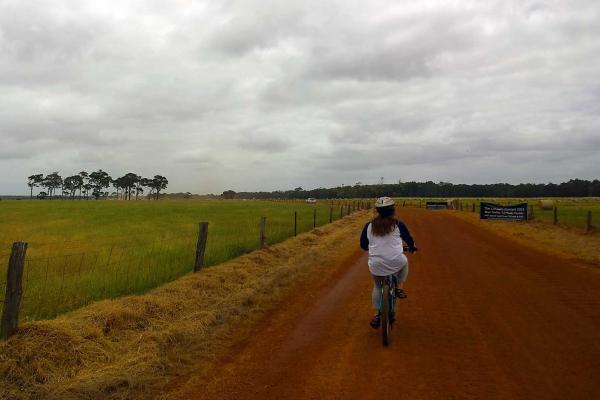As a language learner, I’d often become self-conscious if I had to speak. I hated speaking. Why? I was uncomfortable. I didn’t feel I was good at it. Others would hear me; my mistakes and bad pronunciation. I thought memorizing a few words was enough to meet course objectives. So why did I have to speak?
Was I ever wrong! I wouldn’t realize this until I became a language teacher myself many moons later.
The same reasons why I hated speaking were the same reasons why I needed to speak. At the time, I didn’t realize that the key to mastering a language is speaking—and speaking frequently. When I had students of my own, I gained a new perspective; I watched a room full of students tremble, terrified to hear their own voices in another language. There I stood, frustrated that they wouldn’t put the language to use, but equally compassionate. Drawing the connection between my own fears and theirs, I was able to approach the subject with a clear head.
Language fears are hurdles inside the classroom. They can grow into something altogether bigger when living abroad.
Language fears are hurdles inside the classroom. They can grow into something altogether bigger when living abroad. They can become daily stresses and points of weakness. The thought of saying a few words to someone is nerve-wracking (and the reality that someone might respond is a nightmare).
If you're trying to learn a new language and overcome your fears, here are my tips based on my experience as a student, teacher and foreigner living abroad.
Dialogues
We have to start somewhere. And if writing a dialogue to memorize gets you speaking the language, then so be it. You will not be the first or the last to try this technique. Rather quickly, you will see the benefits it brings.
Here’s what you do: Write a dialogue that introduces yourself, where you’re from, what you do, your hobbies, things you like, things you don’t like—and use this whenever you have an encounter with another person. It does not matter that they may have another agenda when speaking to you. It doesn’t matter what they say. Just stick to your dialogue. It sounds crazy, but it works.
Your focus is feeling as comfortable as possible speaking your memorized dialogue. Before you know it, not only will you have the dialogue memorized, but it will become second nature to you.
Basics
The written, memorized dialogue is standard. It’s as basic as it gets. But there are other areas of basics, too. Like mastering sets of vocabulary. Set aside one week to master a list of vocabulary that falls under one specific umbrella. Focus a week on the house, household items or more specifically items found in each room or verbs related to the home.
For one solid week, place some sticky notes on things around your home. Use these words with yourself as much as possible. Write them down, repeat them to yourself again and again. If the vocabulary is outdoor-related, then each time you’re outside, engage in using these words. Say them in your head, write them in a notebook, or whisper them to yourself.
Speed
Learning a language is not a race. The fear that comes up is often related to learning objectives. We want to master skills before we’ve even begun the journey. The best thing to do is slow down and appreciate the ride. But also in slowing down, you should also slow down when speaking. Take your time. If you notice someone speaking too fast for your taste or level, politely ask them to slow down or repeat.
Language learning is scary because it involves so many skills at once: listening, recalling, gathering, organizing, conjugating, analyzing, guessing and then speaking. Enjoy the process. Enjoy hearing yourself speak. Enjoy watching yourself get closer to language learning goals.
Questions
One way to push past fears is asking questions. During your language studies, whether or you do it autonomously or in a course, ask tons of questions. Ask how to pronounce things. Ask the best way to say something. Ask for synonyms. Ask away!
But the best way to really ask questions is out in public, to complete strangers. However, the objective is not to understand their response—the sole objective is to get you speaking. Make a list of questions you can ask on any outing. Memorize them or write them on a piece of paper. Then ask random people those questions. Ask for the nearest hotel. Ask how much a product is. Ask for the country code. Ask what time it is. Ask if a certain item is available at a shop.
Don’t worry so much about their responses. Smile and nod. Then feel proud of yourself for having pushed past a fear barrier by speaking to total strangers in another language.
Self
You must talk to yourself. Don’t worry if you feel strange at first. And you will feel a little strange. It’s to be expected. But in order to achieve your language goals, you’ve got to become more comfortable with hearing yourself speak the language. Ask yourself questions. Give a play-by-play of things you’re doing in the moment. List the ingredients in a dish your making. Name items or just say all the words you know in the language, regardless of reason or structure.
However, don’t rush into speaking to yourself all at once. It might be easier to start by talking inside your head, then slowly shift to saying a few words out loud. Make sure you’re getting the pronunciation right to avoid any unnecessary fossilization of the language.
Add this article to your reading list




